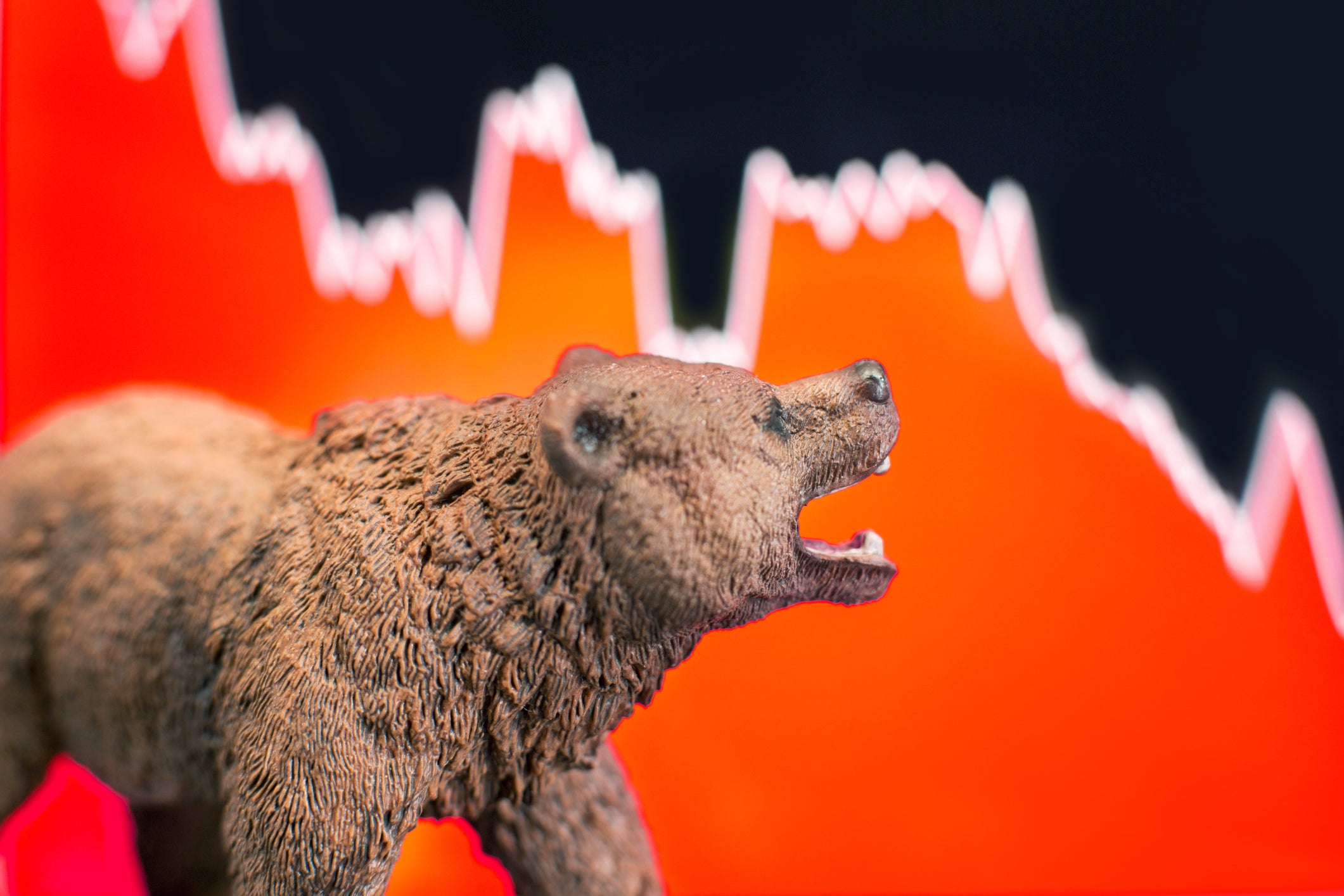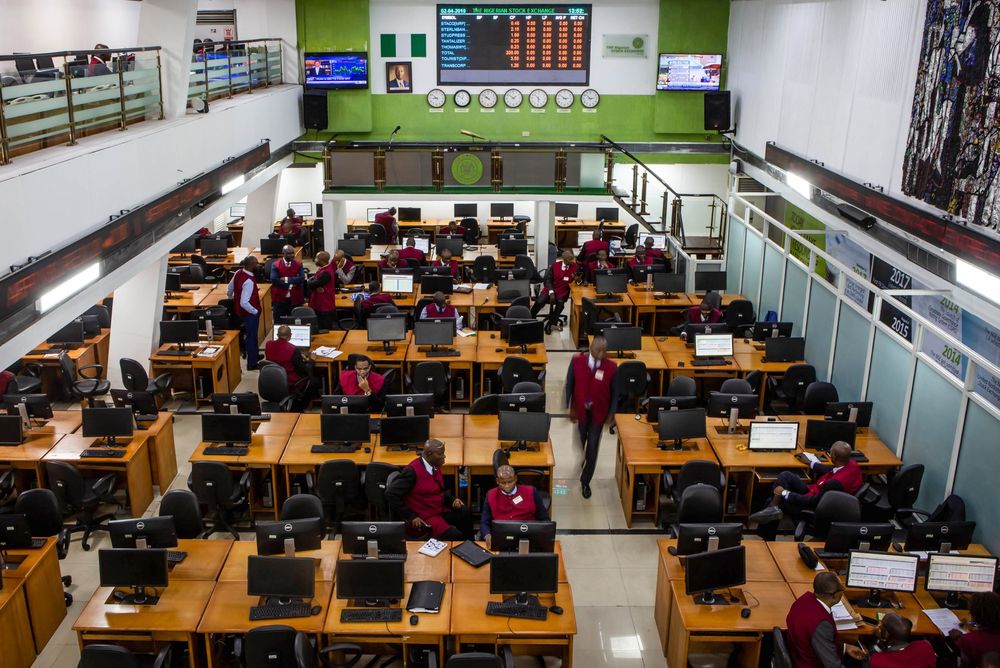Nigerian Exchange Limited
Nigerian Stock Market Shed N283 Billion in August 2022
Nigeria Exchange Limited (NGX) closed lower in August despite earnings and dividends announcement from listed companies

Nigerian Exchange Limited
Nigerian Stocks Dip Amid Interest Rate Hike, N68 Billion Lost
Nigerian Exchange Limited
Stocks Rise Slightly in Nigeria’s Equities Market with Julius Berger and Livestock Feeds in the Spotlight
Nigerian Exchange Limited
Nigerian Stock Market Surges with N512bn Gain Amid Active Trading
-

 Billionaire Watch3 weeks ago
Billionaire Watch3 weeks agoWarren Buffett Donates $5.3 Billion in Berkshire Shares to Charities
-

 Startups4 weeks ago
Startups4 weeks agoFormer Konga CEO Nick Imudia Dies by Suicide in Lagos Home
-

 News4 weeks ago
News4 weeks agoJoke Silva Quashes Death Rumors, Confirms Olu Jacobs is Alive
-

 News4 weeks ago
News4 weeks agoNorth Israel Turns Into Ghost Towns Amid Hezbollah Missile Barrage
-

 Bitcoin4 weeks ago
Bitcoin4 weeks agoBitcoin Slumps 13% in Q2, Prompting Investor Concerns
-

 Naira4 weeks ago
Naira4 weeks agoNigeria’s Foreign-Exchange Woes Intensify with Prolonged Naira Decline
-

 Forex3 weeks ago
Forex3 weeks agoNigerian Banks Face Sanctions for Rejecting Small and Old US Dollar Notes
-

 Treasury Bills4 weeks ago
Treasury Bills4 weeks agoCBN Treasury Bills Auction Oversubscribed by 338%, Raises N284.26bn























